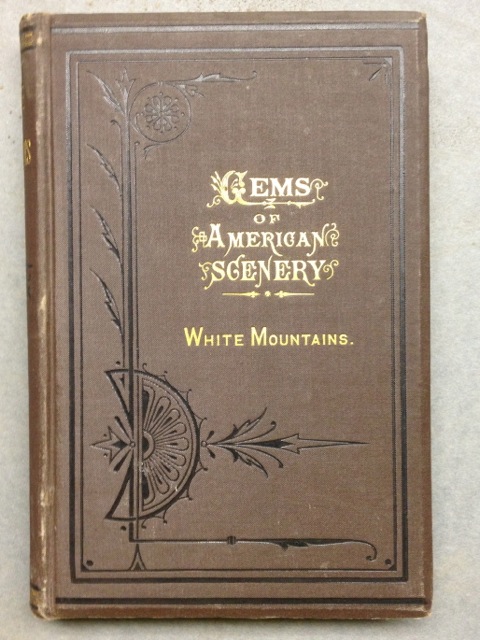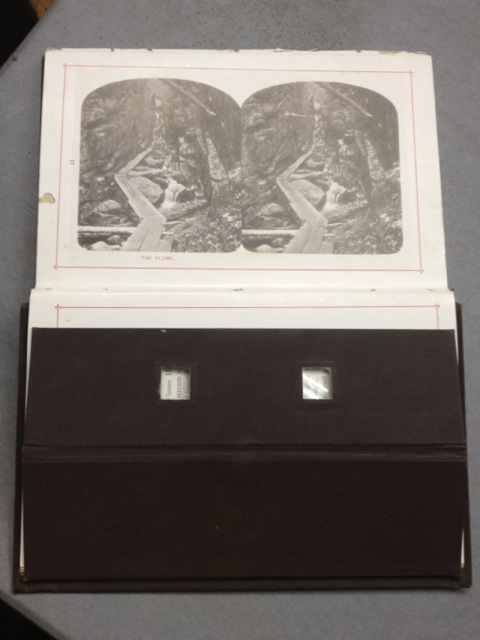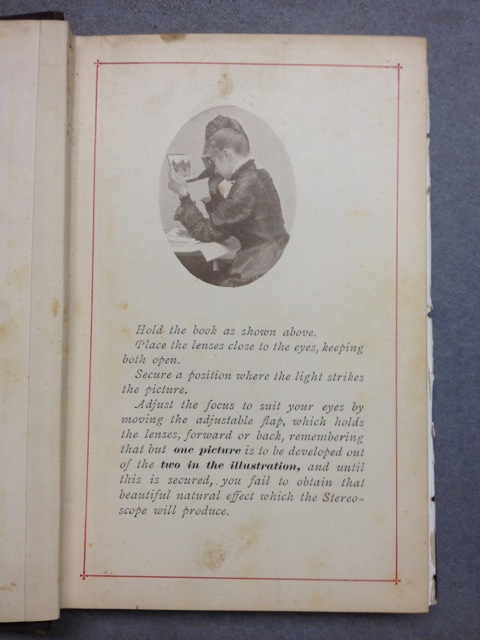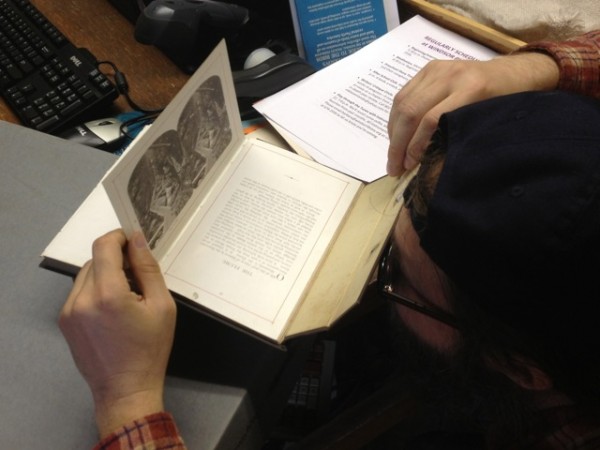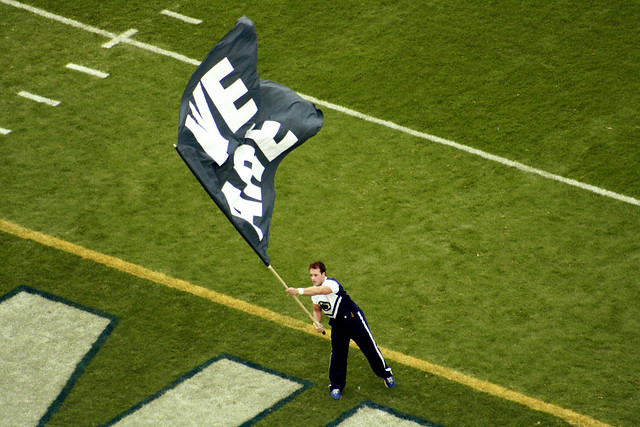
all photos courtesy of Kristin Parker, please do not reproduce without permission
I have friends working in the various Occupy X libraries. We don’t have a very big Occupy presence near me in Vermont and I was curious how things work there. Kristin Parker (@parkivist) is an anthropologist who received an MS (Simmons) with a concentration in archives management. She worked for twelve years managing the collections exhibits and archives at the Isabella Stewart Gardner Museum and is now managing the art collection at the Rose Art Museum at Brandeis. She’s a newish associate of the Boston Radical Reference Collective and is one of the people who has been organizing and staffing the A to Z (Audre Lorde to Howard Zinn) Library at Occupy Boston. I asked her a few questions over email. She writes…
“The A-Z Library is a partnership made up of the Boston Radical Reference Collective, the Progressive Librarians Guild of Simmons College and Metacomet Books of Plymouth, MA, run by John Ford who recognized a need for a durable setting for books at Dewey Square (the Occupy Boston site). He graciously installed a military tent and brought in a third of his own personal book collection. Other donations soon arrived through the librarians and members of the public. The library has been up and running for more than 2 weeks now. Every day we receive donations – it’s amazing. Books are organized according to subject, in plastic milk crates and wooden cranberry bog crates, for easy transporting and shifting. As described in the statement (link below): ‘The library aims to provide high-quality, accurate information to all interested parties. The collection contains material on topics such as political thought and social movements, activism, history, philosophy, religion, ????? finance, consumerism, gender, race, as well as a large fiction section.'”
What your role is with the Occupy library in Boston and could you suggest a few links for people interested in the Occupy Library System generally? Continue reading “The temporary autonomous library at Occupy Boston, an interview with Kristin Parker”
